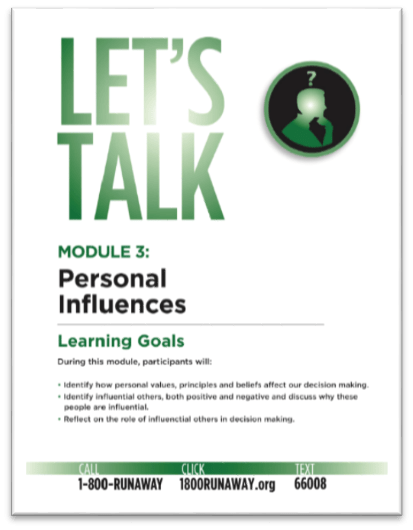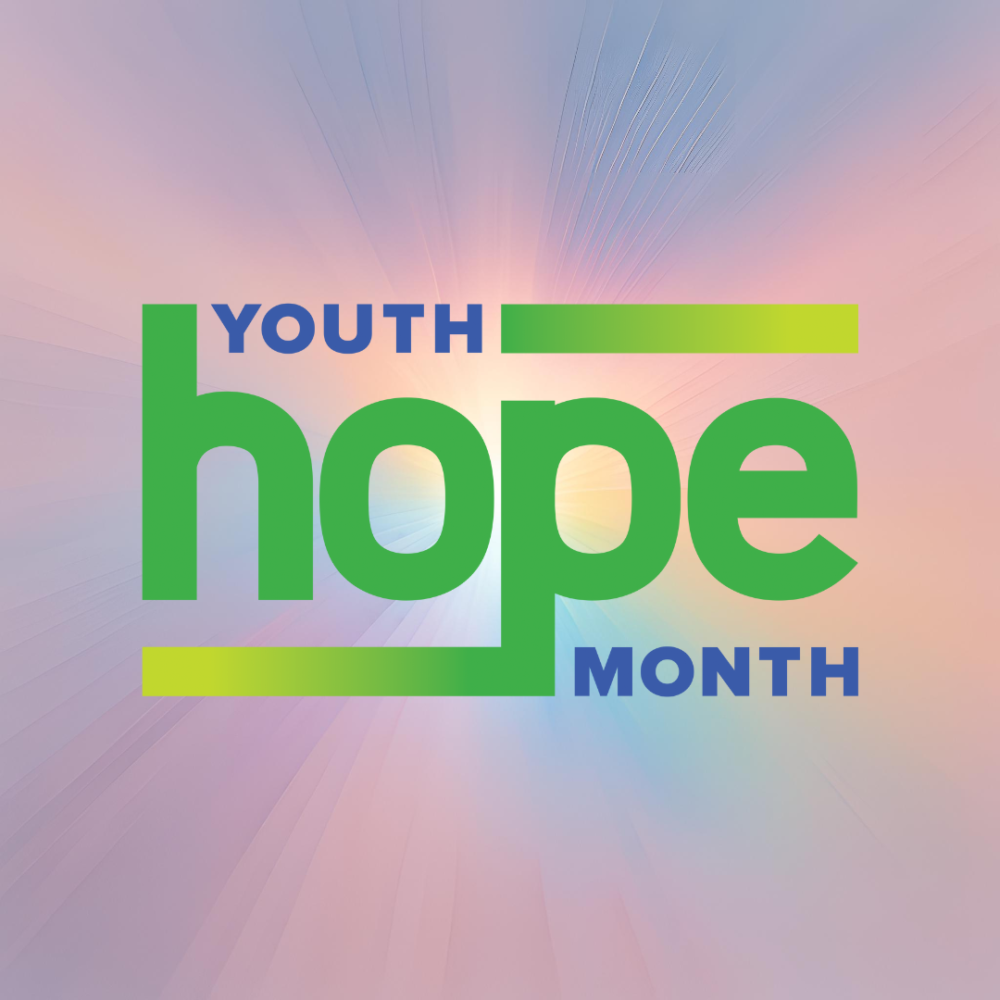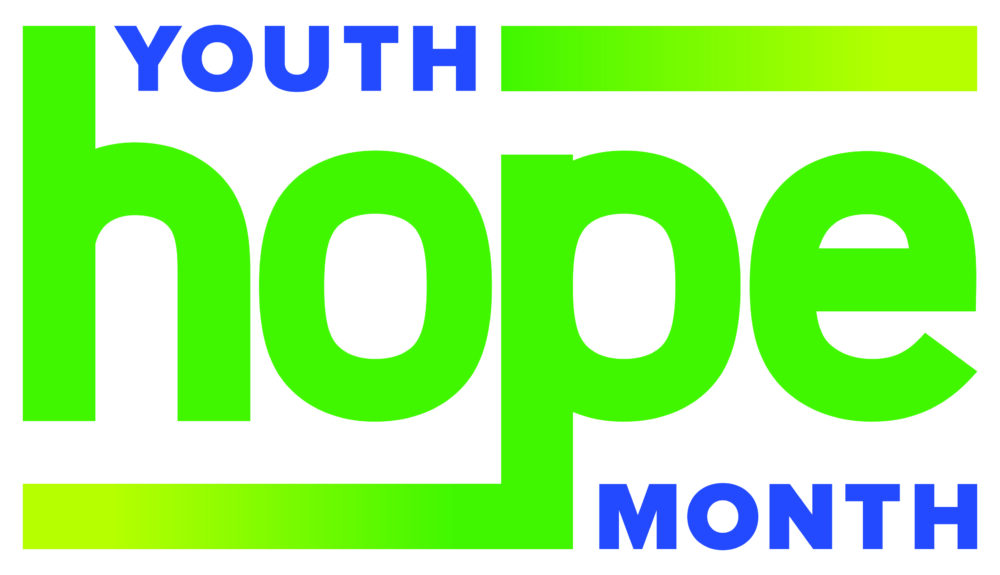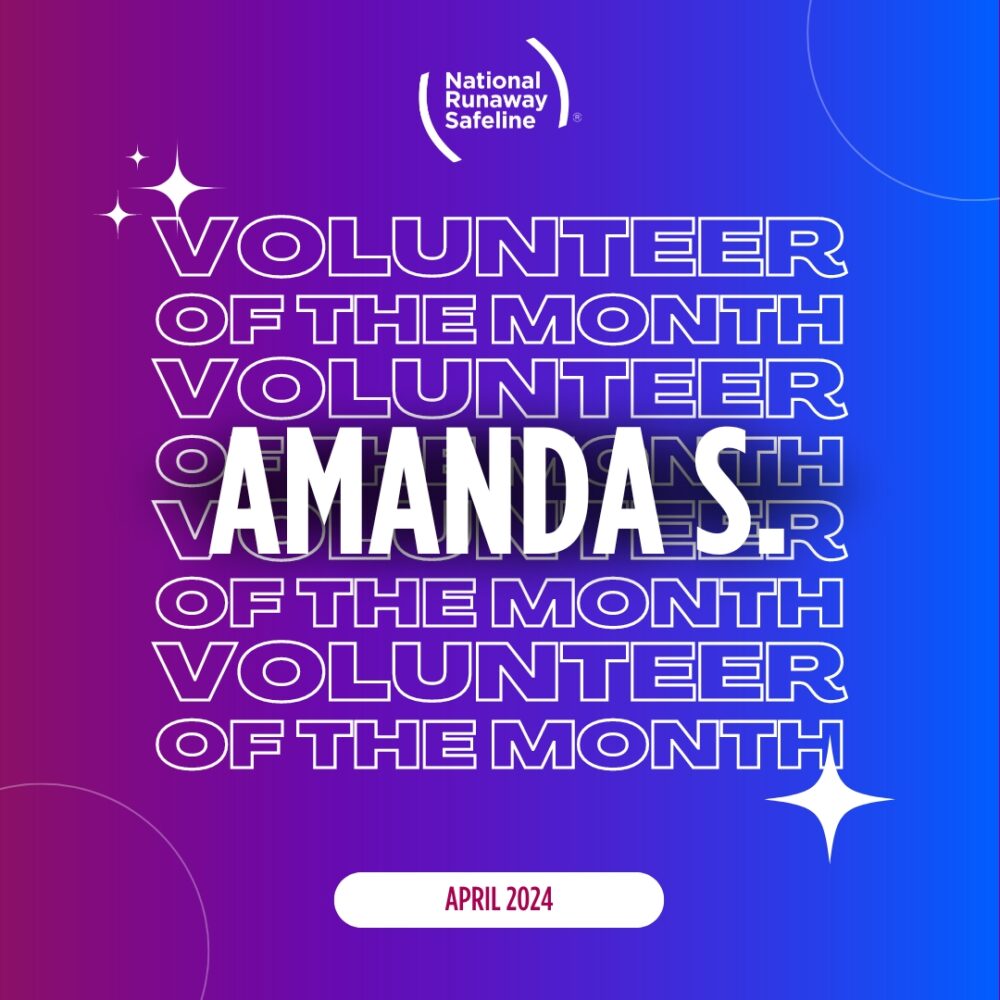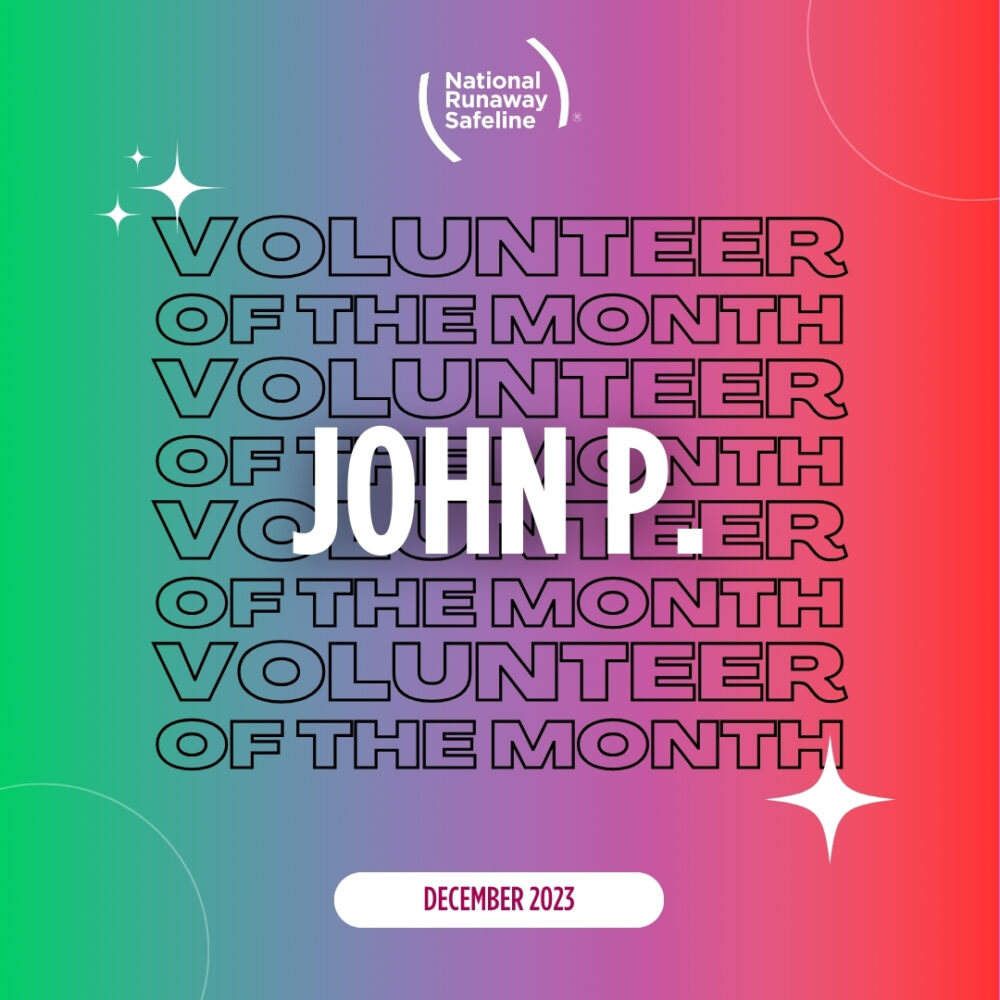Whether it is a friend, a family member, or a hobby, youth must have options that provide comfort, support, and an outlet for difficult emotions. However, the reality is that not everyone in our lives has our best interests in mind.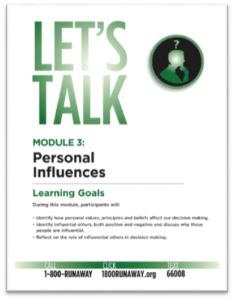
In Module 3: Personal Influences of NRS’ Let’s Talk Runaway Prevention Curriculum, participants are asked to identify “influential others”, both positive and negative, and the role they play in their decision-making process. “Influential others” are defined as the people or groups of people who are most important in our lives. Influential others may include parents, peers, family members, schools, youth groups, faith communities, and dating partners. We all rely on influential others to shape our ideas about the decisions we make and the consequences of each decision.
Participants are asked to fill bus seats with the people or groups of people in their lives who are most important when it comes to making decisions about their lives, who would be on that bus? Who would be on yours?
Then they discuss the following questions:
- Who are the people/groups on your bus?
- Why are they important to you?
- Are there some that have more influence than others?
- Are these people/groups you can count on when you are in trouble or in need?
- Do they help you make good decisions? Always? Most of the time? Sometimes? Never?
- Do you feel good about the decisions they help you make? What does that mean for you?
Helping youth identify their supports and what role they play in making decisions can assist them problem-solving in times of need. For those youth who may struggle to have supports, NRS is here to listen and help 24/7 via 1800-RUNAWAY.org or 1-800-RUNAWAY (1-800-786-2929).
